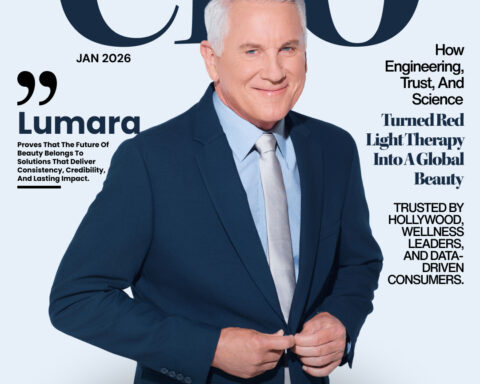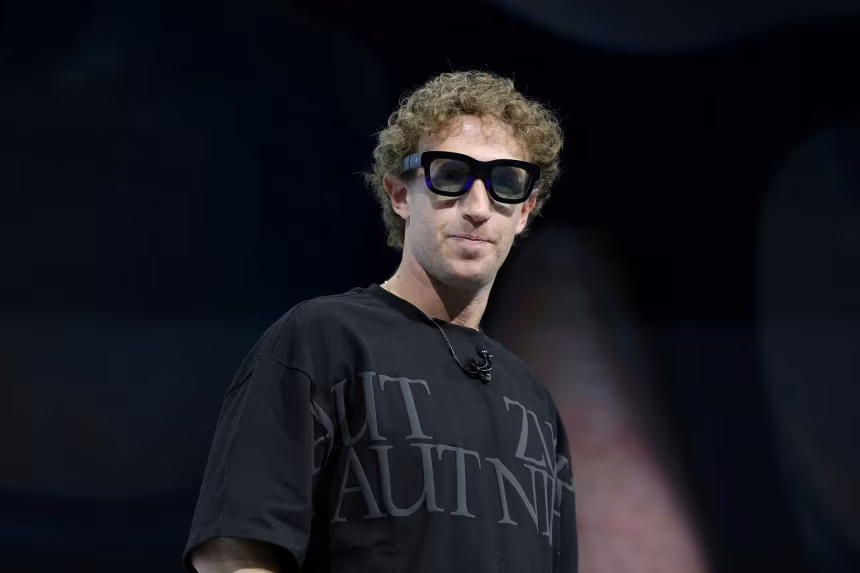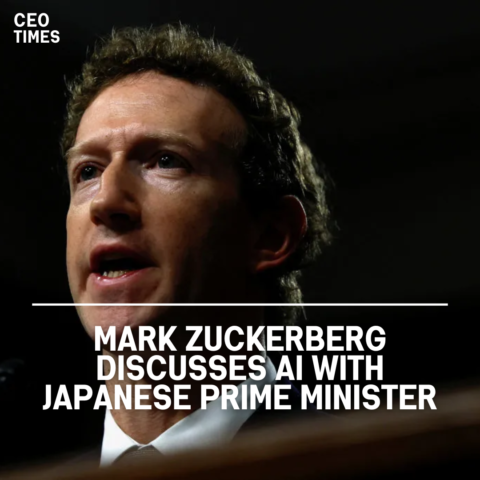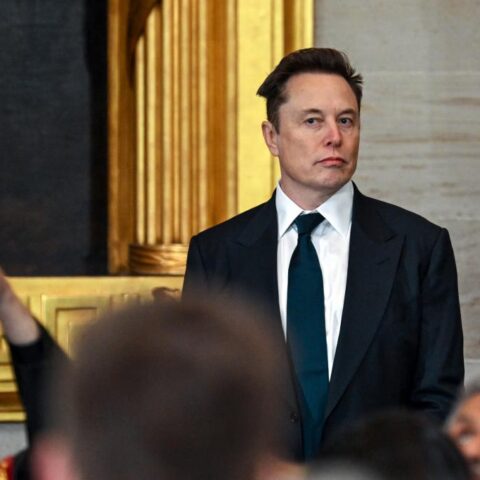At Meta Connect, the CEO is expected to showcase a new generation of AI glasses that could redefine how we interact with technology—and challenge the dominance of smartphones.
Meta CEO Mark Zuckerberg is doubling down on his vision for the future of wearable technology. On the company’s July earnings call, he boldly predicted that people without smart glasses may one day be at a “significant cognitive disadvantage” compared to those who adopt the tech. That vision could crystallize this week at the Meta Connect conference, where the company is expected to unveil its latest AI-powered smart glasses.
The Promise of AI-Enhanced Eyewear
Reports suggest Meta will announce a new pair of spectacles designed to follow the relative success of its Ray-Ban smart glasses, which allow wearers to capture photos, make calls, listen to music, and now—thanks to AI—ask questions about their environment. Users can look at a pepper and ask if it’s spicy or translate foreign signs in real time, pushing the glasses beyond novelty and into practical daily use.
Ray-Ban parent company EssilorLuxottica reported in July that revenue from Meta’s glasses more than tripled year-over-year, positioning Meta as the leading smart glasses brand in a rapidly growing but still niche market. Market research firm ABI predicts shipments could rise from 3.3 million units in 2024 to 13 million by 2026.
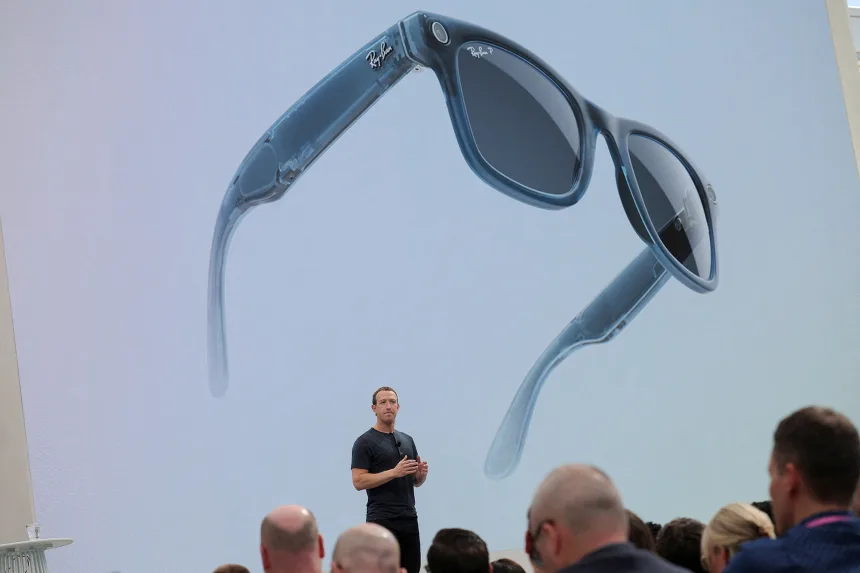
A Critical Bet After Past Missteps
Meta has been chasing disruptive technologies for years—often with mixed results. It missed the smartphone wave in the early 2000s and later rebranded itself around the “metaverse,” which failed to capture mainstream adoption. But smart glasses may offer a new pathway forward, one that could reduce Meta’s dependence on Apple and Google’s smartphones and app ecosystems.
Reality Labs, Meta’s division overseeing AR, VR, and AI glasses, continues to post steep losses—$4.5 billion in Q2 2025 alone. Yet Zuckerberg sees the technology as essential to building what he calls “personal superintelligence”—AI that deeply understands users, helps achieve goals, and integrates seamlessly into daily life.
Competition Heats Up
The race is far from one-sided. Samsung, Google, Snap, and Amazon are all developing new smart glasses, with many expected to include displays for notifications and apps. Google, for example, plans to re-enter the market after the failure of Google Glass in 2013, this time banking on lighter designs, longer battery life, and AI integration.
Meta’s current Ray-Ban glasses lack a display, relying on audio or a companion app, which some analysts argue limits their potential as a true smartphone replacement. Bloomberg reports Meta is working on a new model with a built-in display and gesture-based wristband controls, potentially to be unveiled this week.
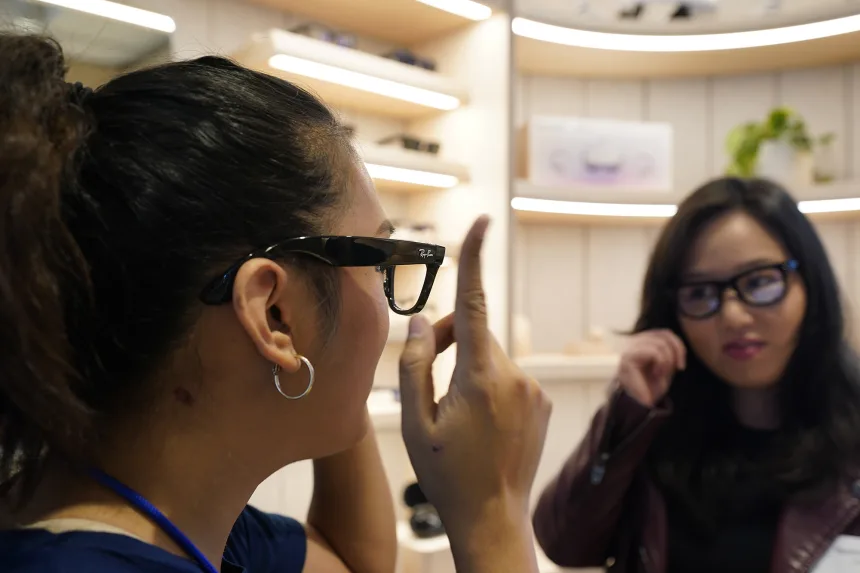
Why It Matters
The potential stakes go beyond stylish eyewear. If smart glasses become the next dominant consumer device, Meta could secure a direct connection with users and escape the restrictions of rival platforms. Zuckerberg has long criticized Apple’s App Store dominance, and a successful pivot to wearable devices could give Meta more control over how its apps—Facebook, Instagram, WhatsApp, Threads, and Reels—are accessed.
Melissa Otto, head of research at S&P Global Visible Alpha, compared the opportunity to the rise of wireless earbuds: “As we look forward, maybe smart glasses are going to evolve into the AirPods of the future.”
The Road Ahead
For now, adoption remains modest. Hundreds of millions of smartphones ship every quarter, compared to a few million smart glasses per year. Still, if Meta can bridge fashion, functionality, and affordability, it may be closer than ever to redefining how we experience digital life.
As Zuckerberg prepares to take the stage at Meta Connect, the big question remains: will AI-powered glasses finally deliver on the promise of a post-smartphone future—or will this be another ambitious bet that falls short?





